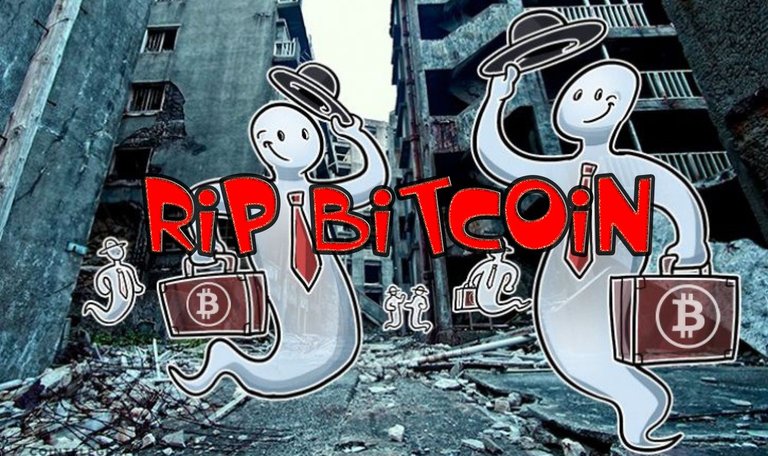
Bitcoin has died, or at least so we have been told repeatedly.
He has been killed several times since he was born in January 2009 as an open source project by a mysterious figure. In 2010, Tim Harford became the first to overthrow bitcoin claims with an article called "Why Bitcoin Can Never Be A Coin." At that time the value of bitcoin was only $ 0.23. A year later, when the value was $ 7.80, Gizmodo Australia wrote: "Bitcoin is dying." And in June 2013 when bitcoin was $ 111, NYMag said: Bitcoin to the tomb. Three months later, when the price of bitcoin jumped over $ 600, a medium post said: "Cryptographic coins have died." Four years passed and in September 2017 when his $ 4.591 bid, Seeking Alpha wrote "Bitcoin's death." Then came the explosive growth of bitcoin. On 18 December it reached $ 19,499. When the value fell in January, The Week wrote "the end of Bitcoin." In fact, bitcoin is estimated to have died 250 times and continues to die today in the global media.
Despite the success that does not stop, we must say that the best thing we can do is ignore the balmy news headlines. Bitcoin is massively embraced and is now ready to be accepted as a form of payment by a large number of organizations and businesses. Some of them are Microsoft, Expedia, Bloomberg, Save the Children, Wikipedia, Virgin Galactic, Subway and Whole Foods. The global trading and investment platform eToro has created a video that outlines the positive path of bitcoin despite negative speculation. eToro with a total number of 9 million members, constantly creates educational videos for users, but have also lacked the guide articles. It is one of the platforms where users can really learn about bitcoin.
Thank you @teknoeli for this article. I think #Bitcoin is the democratic revolt of the world economy.
Thank you for reading it @cglauko. I think the same thing #Bitcoin4life
I hope it will be the democratic revolt of the world economy and the decentralized currency of the web.
But let's be realistic here—it's probably going to settle somewhere on a middle ground between gold and fiat as a store of value. So it's probably going to grow and become mainstream, but it's unlikely to become the revolutionary currency we purport it to be. I guess its hard to guess where things are going to go when you make something completely unheard of (like bitcoin in 2009), so we can't blame Nakamoto for lacking the foresight to see where bitcoin is headed in 2017. I hope future cryptocurrency creators will actually make the dream of this revolutionary currency come true.